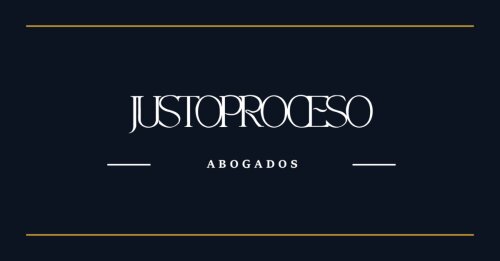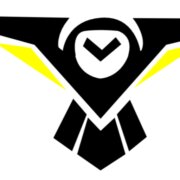Best Constitutional Law Lawyers in Chile
Share your needs with us, get contacted by law firms.
Free. Takes 2 min.
Or refine your search by selecting a city:
List of the best lawyers in Chile
About Constitutional Law in Chile:
Constitutional Law in Chile is the body of regulations and principles that govern the rights and duties of individuals, as well as the organization and functions of the government. It is based on the Chilean Constitution, which was adopted in 1980 during the military regime.
Why You May Need a Lawyer:
You may need a lawyer specializing in Constitutional Law in Chile if you are facing issues related to constitutional rights, such as freedom of speech, association, or assembly. Additionally, if you believe your rights have been violated by the government or a public entity, seeking legal advice is crucial.
Local Laws Overview:
In Chile, Constitutional Law is governed by the Constitution of 1980, which has been amended several times. Key aspects include the protection of fundamental rights, the organization of the government branches, and the powers and limitations of public authorities.
Frequently Asked Questions:
1. What are fundamental rights in Chile?
Fundamental rights in Chile are those rights inherent to all individuals, such as the right to life, liberty, security, and equality before the law.
2. Can the Constitution be amended in Chile?
Yes, the Chilean Constitution can be amended through a special legislative process requiring a supermajority in Congress.
3. What is the role of the Constitutional Court in Chile?
The Constitutional Court in Chile is responsible for ensuring the constitutionality of laws and government actions. It acts as a check on the other branches of government.
4. How can I challenge a government decision in Chile?
You can challenge a government decision by filing a lawsuit before the appropriate court, arguing that the decision violates your constitutional rights.
5. Are there limitations to freedom of speech in Chile?
Freedom of speech in Chile is protected by the Constitution, but there are limitations in cases of hate speech, defamation, and national security threats.
6. Can I appeal a Constitutional Court decision in Chile?
No, decisions of the Constitutional Court in Chile are final and binding.
7. How long does a Constitutional Court case take in Chile?
The duration of a Constitutional Court case in Chile varies, but it can take several months to reach a final decision.
8. What is the process for amending the Constitution in Chile?
Amending the Constitution in Chile requires a two-thirds majority in Congress and approval in a nationwide referendum.
9. What is the difference between constitutional rights and legal rights in Chile?
Constitutional rights are those enshrined in the Constitution, while legal rights are granted by laws passed by the legislature.
10. How can I find a lawyer specializing in Constitutional Law in Chile?
You can search for lawyers specializing in Constitutional Law in Chile through legal directories, bar associations, or by seeking recommendations from other legal professionals.
Additional Resources:
For more information on Constitutional Law in Chile, you can visit the website of the Constitutional Court of Chile or contact the Chilean Bar Association for recommendations on legal professionals.
Next Steps:
If you require legal assistance in Constitutional Law in Chile, it is recommended to contact a specialized lawyer who can guide you through the legal process and protect your constitutional rights.
Lawzana helps you find the best lawyers and law firms in Chile through a curated and pre-screened list of qualified legal professionals. Our platform offers rankings and detailed profiles of attorneys and law firms, allowing you to compare based on practice areas, including Constitutional Law, experience, and client feedback.
Each profile includes a description of the firm's areas of practice, client reviews, team members and partners, year of establishment, spoken languages, office locations, contact information, social media presence, and any published articles or resources. Most firms on our platform speak English and are experienced in both local and international legal matters.
Get a quote from top-rated law firms in Chile — quickly, securely, and without unnecessary hassle.
Disclaimer:
The information provided on this page is for general informational purposes only and does not constitute legal advice. While we strive to ensure the accuracy and relevance of the content, legal information may change over time, and interpretations of the law can vary. You should always consult with a qualified legal professional for advice specific to your situation.
We disclaim all liability for actions taken or not taken based on the content of this page. If you believe any information is incorrect or outdated, please contact us, and we will review and update it where appropriate.
Browse constitutional law law firms by city in Chile
Refine your search by selecting a city.

















